For students at the undergraduate or graduate level seeking an accessible route to earn their degree at a quicker pace, exploring the best accelerated online psychology degree programs is a smart move. These programs prepare students for various careers, such as HR specialists, who earn a median salary of $67,650 with a bachelor’s degree, or marriage and family therapists, who make a median salary of $58,510 with a master’s degree. Those pursuing a PsyD or PhD can become licensed psychologists, with a median salary of $92,740.
Accelerated programs typically allow completion of a bachelor’s degree in two to three years, a master’s degree in one to two years, and a doctoral degree in three to five years.
Why Trust Us
The Intelligent.com Higher Education Team is dedicated to providing students with independent, equitable school and program rankings and well-researched resources. Our expert-driven articles cover topics related to online colleges and programs, paying for school, and career outlooks. We use data from the U.S. Department of Education’s College Scorecard, the National Center for Education Statistics, and other reputable educational and professional organizations. Our academic advisory team reviews content and verifies accuracy throughout the year for the most current information. Partnerships do not influence rankings or editorial decisions.
- Analyzed over 2,000 national, accredited, and nonprofit colleges and universities
- 800+ rankings pages are reviewed and updated yearly
- Content is informed by reputable sources, surveys, and interviews with academic advisors and other experts
- Over 100 data points are reviewed for accuracy and quality throughout the year, including sources
How we rank schools
Our list features the best accelerated online Psychology degree programs at top colleges nationwide. Each school featured is a nonprofit, accredited institution — either public or private — with a high standard of academic quality for post-secondary institutions.
We evaluated each school’s program on tuition costs, admission, retention and graduation rates, faculty, reputation, and the student resources provided for online students. We collected data from trusted sources like the National Center for Education Statistics, individual school and program websites, school admissions counselors, and other data sources. Then, we calculated the Intelligent Score on a scale of 0 to 100 based on the following criterion:
Academic Quality:
- Admission rate versus enrollment rate
- Retention rate of students who return after year one
- Accreditation status (regional and programmatic)
- Nonprofit status, both private and public institutions
Graduation Rate
- Overall graduation rate
- Total number of currently enrolled students, including diversity metrics
- Student-to-faculty ratio
Cost and ROI
- In-state and out-of-state per-credit tuition rates and fees
- Required credits to graduate
- Earning potential after graduation
- Availability of federal student loans, scholarships, and other financial aid options
Student Resources
- Available student services for online-only and hybrid programs
- On-campus amenities like tutoring centers and the number of libraries
Read more about our ranking methodology.
Accelerated Online Psychology Programs That Might Interest You
Learn about start dates, transferring credits, availability of financial aid, and more by contacting the universities below.
Best 20 Accredited Accelerated Online Psychology Programs
FiltersInstitution Type
Status
- Intelligent Score
- Alphabetically By University Name
- Acceptance Rate
- Enrollment
- In-state Graduate Tuition
- Out-of-state Graduate Tuition
- In-state Undergraduate Tuition
- Out-of-state Undergraduate Tuition

Ottawa University
Intelligent Score: 98.21In-state: $29,980
Out-of-state: $29,980
In-state: $15,576
Out-of-state: $15,576
SAT: 750-990
ACT: 18-22
$499
Online, On-Campus
Higher Learning Commission
120
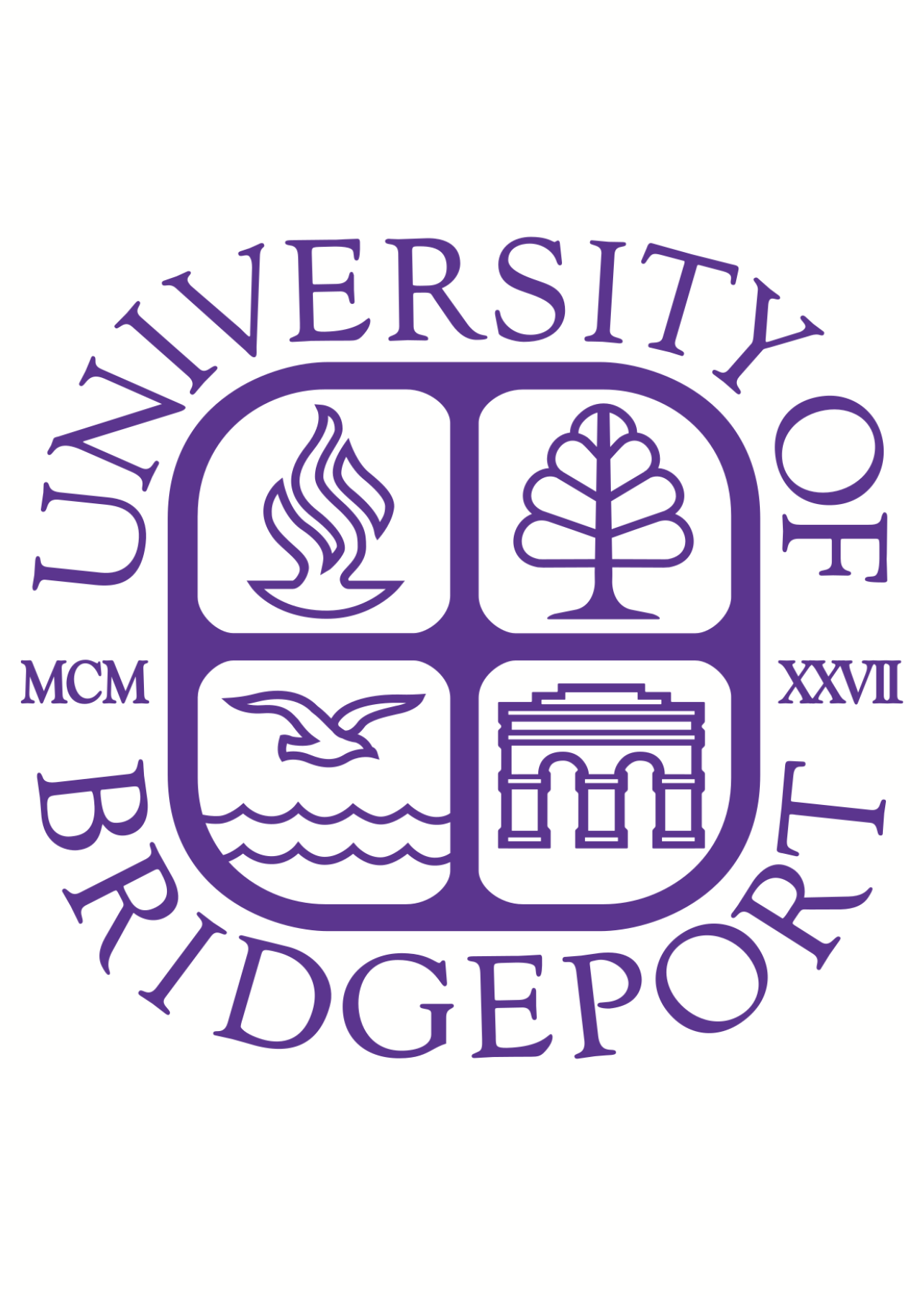
University of Bridgeport
Intelligent Score: 93.28In-state: $32,860
Out-of-state: $32,860
In-state: $19,096
Out-of-state: $19,096
SAT: 920-1130
ACT: 17-22
$575
Online, On-Campus
New England Commission of Higher Education
120

Westfield State University
Intelligent Score: 91.32In-state: $970
Out-of-state: $7,050
In-state: $1,890
Out-of-state: $1,890
SAT: 960-1140
ACT: 19-25
$368
Online, On-Campus
New England Commission of Higher Education
120
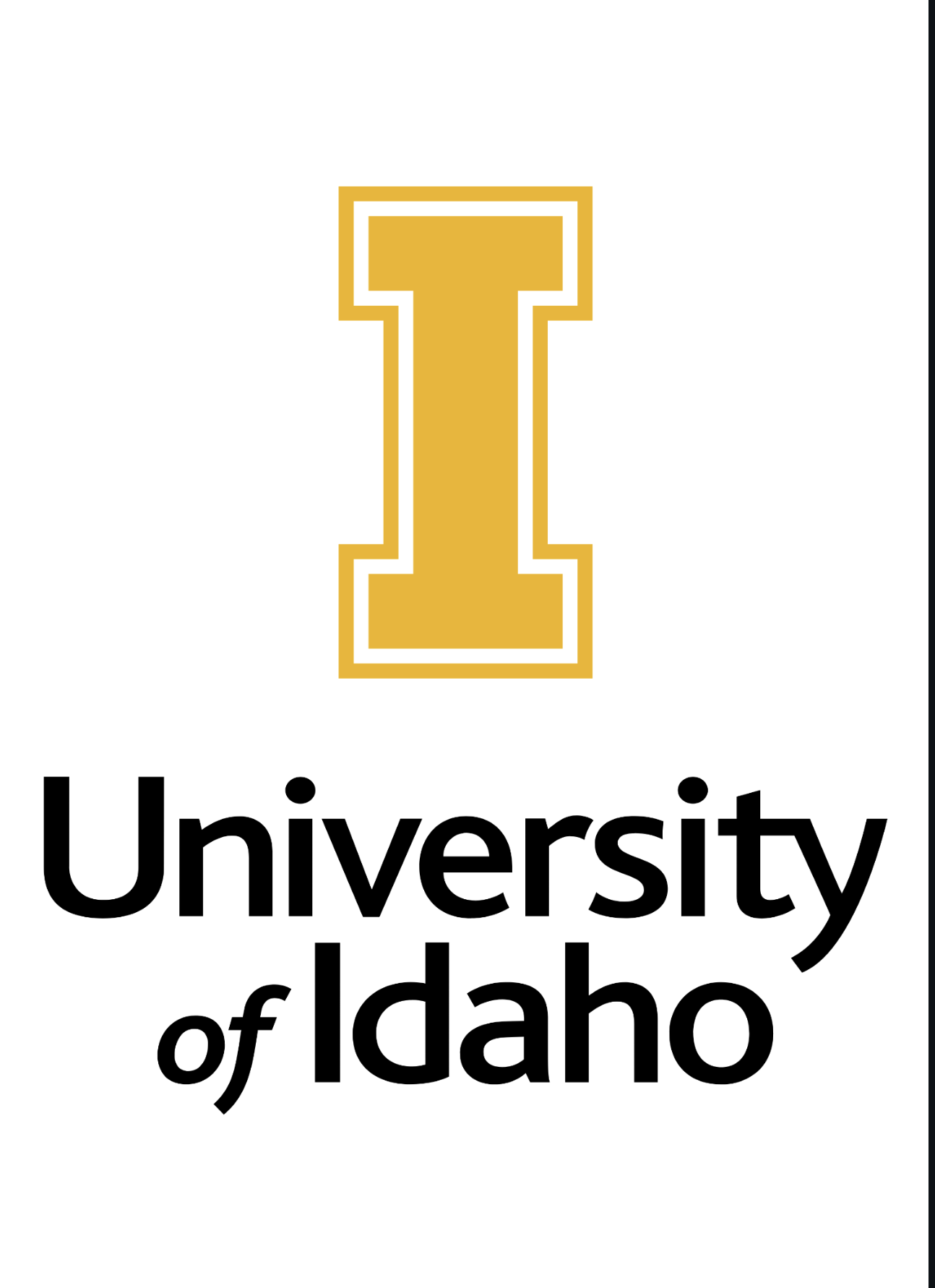
University of Idaho
Intelligent Score: 91.17In-state: $6,182
Out-of-state: $25,418
In-state: $7,754
Out-of-state: $7,754
SAT: 990-1220
ACT: 20-26
In-State: $454
Out-of-State: $1,416
Online, On-Campus
New England Commission of Higher Education
120
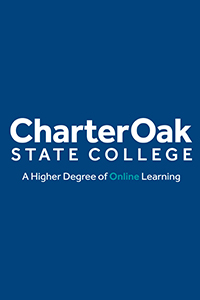
Charter Oak State College
Intelligent Score: 90.57In-state: $22,558
Out-of-state: $25,100
In-state: $17,457
Out-of-state: $17,457
SAT: Not Required
ACT: Not Required
$329
Online
New England Commission of Higher Education
120

Newberry College
Intelligent Score: 89.96In-state: NA
Out-of-state: NA
In-state: NA
Out-of-state: NA
SAT: 890-1100
ACT: 15-21
$395
Online
Southern Association of Colleges and Schools Commission on Colleges
120

CSP Global
Intelligent Score: 89.87In-state: $32,660
Out-of-state: $32,660
In-state: $9,090
Out-of-state: $9,090
SAT: 990-1180
ACT: 19-25
$420
Online
Higher Learning Commission
120

UMass Lowell
Intelligent Score: 89.67In-state: $15,791
Out-of-state: $35,779
In-state: $14,014
Out-of-state: $14,014
SAT: 1200-1390
ACT: 27-32
$385
Online, On-Campus
New England Commission of Higher Education
120
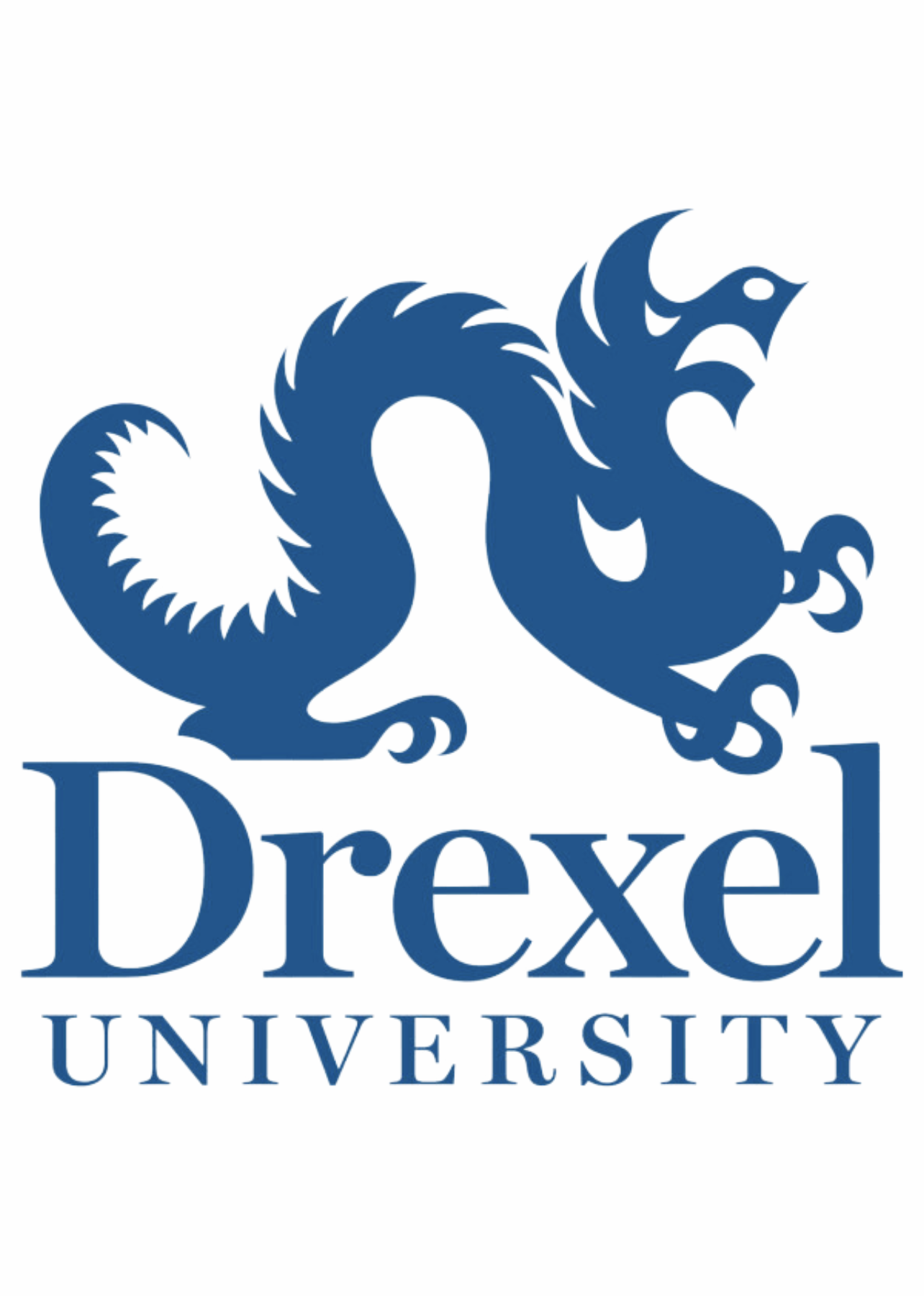
Drexel University
Intelligent Score: 89.39In-state: $53,868
Out-of-state: $53,868
In-state: $36,234
Out-of-state: $36,234
SAT: 1180-1380
ACT: 25-31
$459
Online
Middle States Commission on Higher Education
120-127
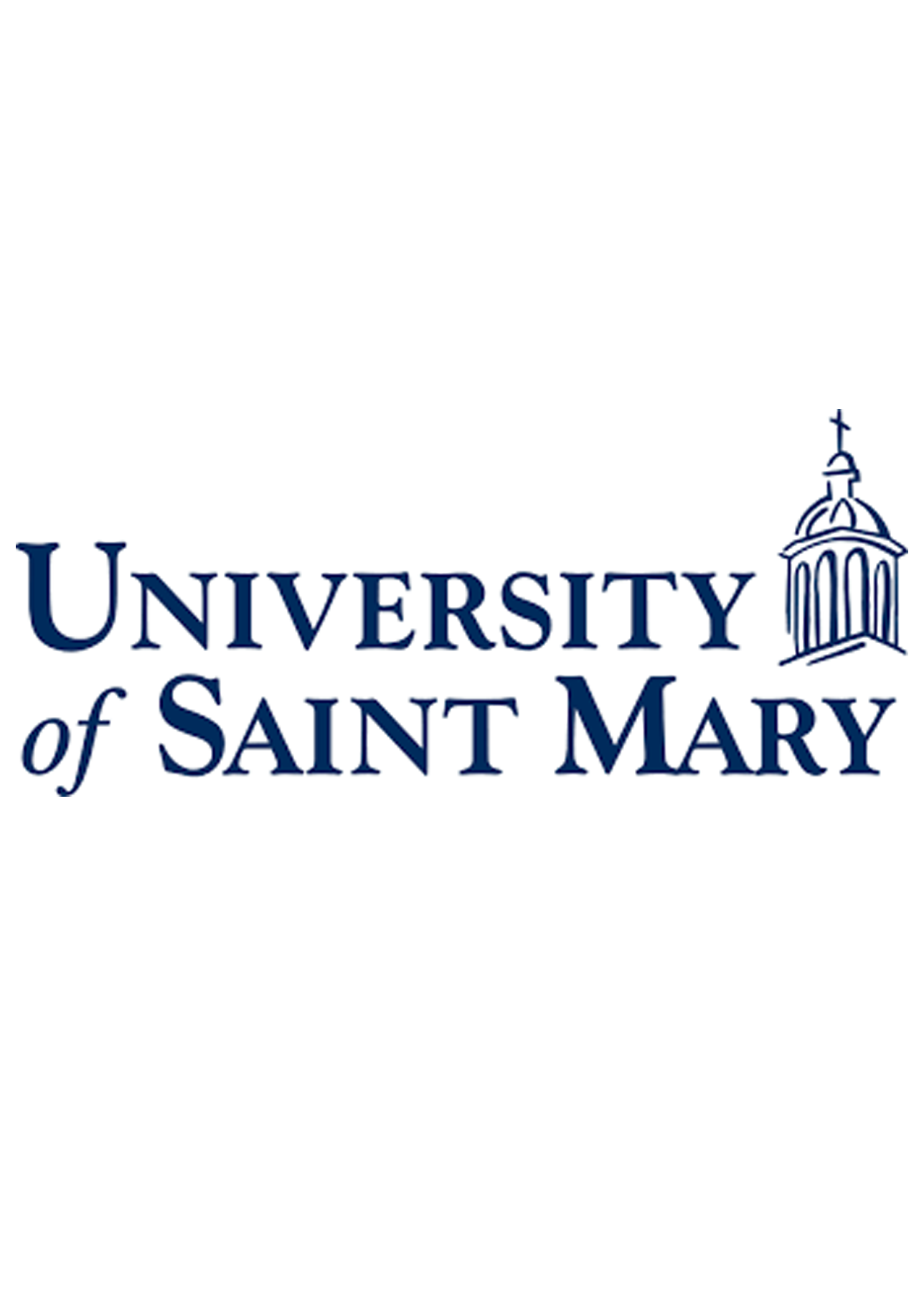
University of Saint Mary
Intelligent Score: 89.19In-state: $29,750
Out-of-state: $29,750
In-state: $11,124
Out-of-state: $11,124
SAT: 870-1060
ACT: 17-23
$415
Online
Higher Learning Commission
120

Franklin University
Intelligent Score: 88.06In-state: $9,552
Out-of-state: $9,552
In-state: $16,080
Out-of-state: $16,080
SAT: N/A
ACT: N/A
$398
Online
Higher Learning Commission
120
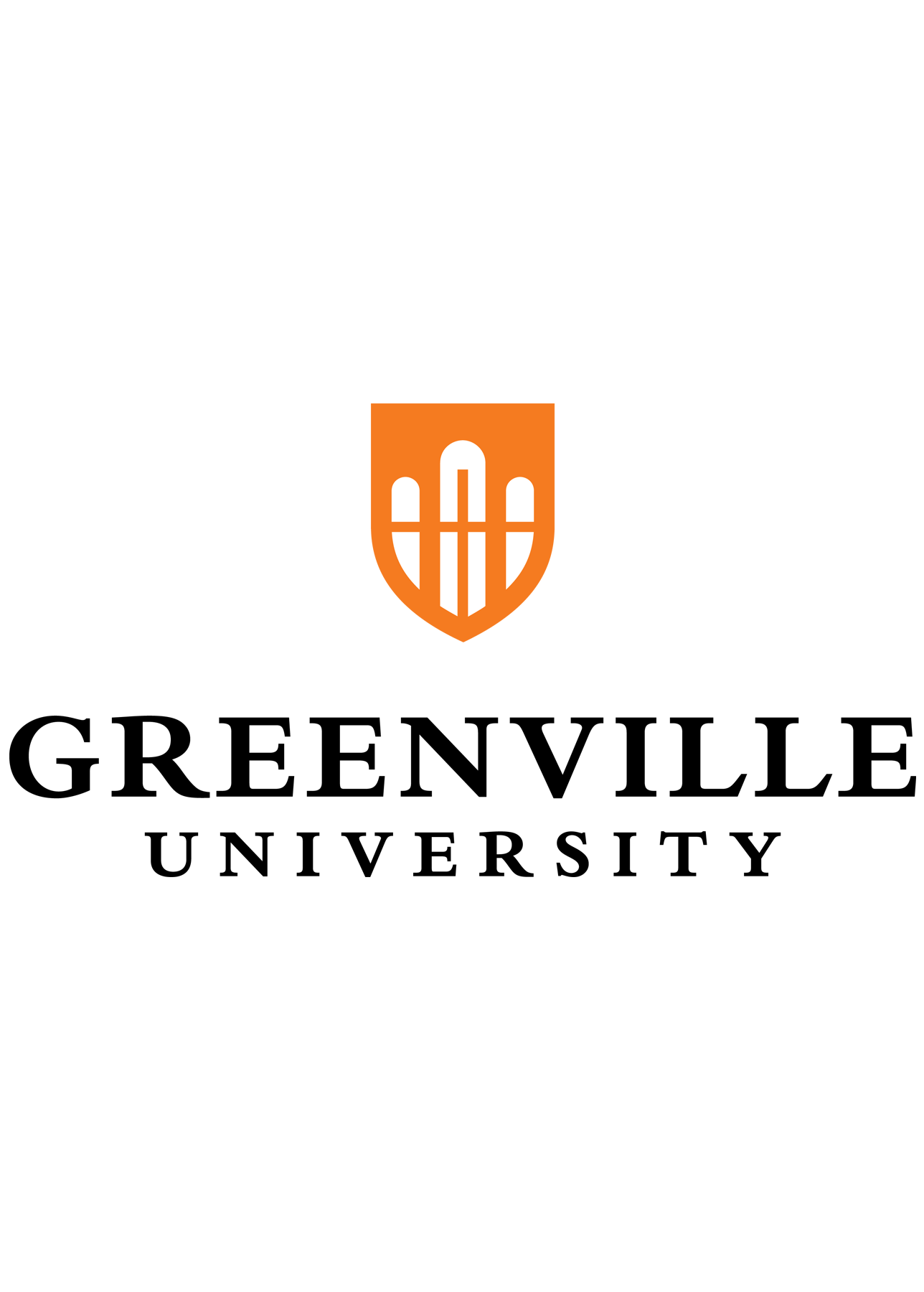
Greenville University
Intelligent Score: 86.84In-state: $28,406
Out-of-state: $28,406
In-state: $8,082
Out-of-state: $8,082
SAT: 880-1100
ACT: 17-23
$485
Online
Higher Learning Commission
120

University of Maryland Global Campus
Intelligent Score: 86.03In-state: $8,824
Out-of-state: $34,936
In-state: $13,158
Out-of-state: $13,158
SAT: 1270-1480
ACT: 30-34
In-State: $324
Out-of-State: $499
Online
Middle States Commission on Higher Education
120

Maryville University
Intelligent Score: 85.67In-state: $24,766
Out-of-state: $24,766
In-state: $14,346
Out-of-state: $14,346
SAT: N/A
ACT: N/A
$540
Online
Higher Learning Commission
128

Wilmington University
Intelligent Score: 85.41In-state: $11,430
Out-of-state: $11,430
In-state: $8,784
Out-of-state: $8,784
SAT: N/A
ACT: N/A
$419
Online, On-Campus
Middle States Commission on Higher Education
120

Southern New Hampshire University
Intelligent Score: 85.09In-state: $9,600
Out-of-state: $9,600
In-state: $18,810
Out-of-state: $18,810
SAT: N/A
ACT: N/A
$330
Online
New England Commission of Higher Education
120
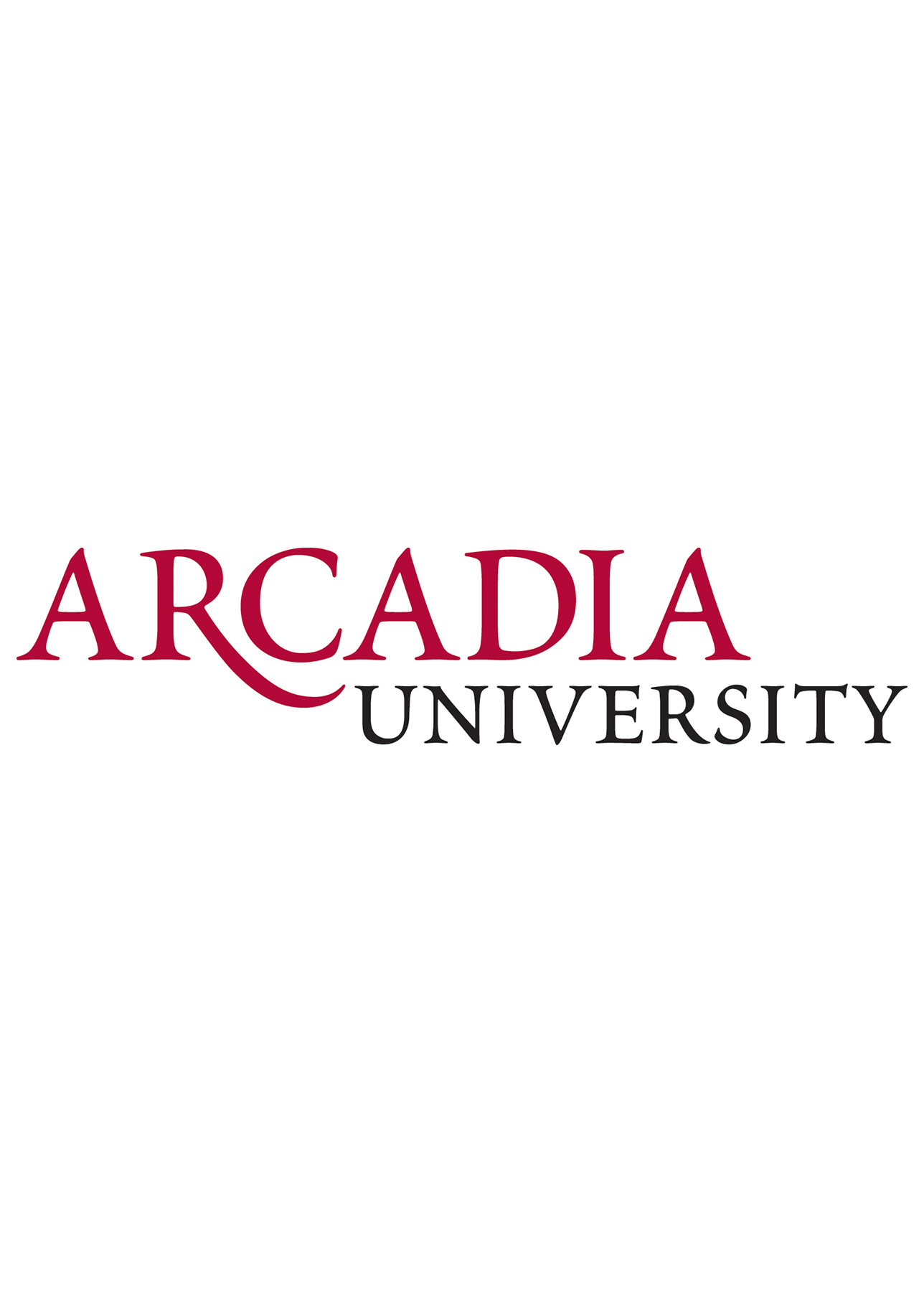
Arcadia University
Intelligent Score: 83.78In-state: $44,620
Out-of-state: $44,620
In-state: $27,894
Out-of-state: $27,894
SAT: 1030-1230
ACT: 20-28
$810
Hybrid
Middle States Commission on Higher Education
128

University of New Mexico
Intelligent Score: 81.31In-state: $6,463
Out-of-state: $22,801
In-state: $5,920
Out-of-state: $5,920
SAT: 1030-1250
ACT: 17-25
$442
Online
Higher Learning Commission
120
How to Choose an Accelerated Online Psychology Program
Choose your area of study
Since psychology is a relatively broad field, choosing an area of study for your degree is crucial, as different specializations will prepare you for different career paths. Consider asking yourself:
- What are my career goals?
- Which populations do I want to work with?
- What are my strengths and interests?
Potential specializations include clinical psychology for those interested in treating mental health disorders, industrial-organizational psychology for those aiming to improve workplace environments, and school psychology for individuals wanting to support the academic and emotional needs of students.
Research schools and programs
Once you have an intended specialization in mind, you can turn your attention to researching schools and programs. Ask these questions to guide your research:
- Is the program accredited?
- What are the faculty’s qualifications and expertise?
- Are there internship or practicum opportunities?
- What are the program’s graduation and job placement rates?
- Does the program offer support services specifically for online students?
This information can be found on university websites, by speaking with an admissions counselor, or by attending a virtual open house or information session.
Prepare for tests and applications
With your shortlist of schools in hand, you’ll want to get an early start on preparing for tests and applications.
If any of your top programs require standardized test scores, consider enrolling in a test prep program at least six months before the test date to ensure the best results. For undergraduate students, this typically includes either ACT or SAT prep, while graduate students will need to look into GRE test prep programs. It’s also important to dedicate ample time to writing your personal statement – at least three to four months to allow time for revisions. Lastly, transcripts and letters of recommendation should be requested at least two months in advance, as these elements can take some time to gather.
Select your program
The arrival of acceptance letters is always an exciting time, but it can quickly become overwhelming if you receive more than one. Revisit your initial research criteria and focus on what matters most to you – such as the faculty you’ll learn from, curriculum relevance, and supper services for online learners. Then, assess the total cost of attendance and compare financial aid offers to ensure your decision is as financially feasible as it is academically.
Determine how you’ll pay for your degree
When it comes time to finance your degree, start by submitting the FAFSA. This is essential to accessing federal financial aid regardless of degree level. While some grants, like the Pell Grant, are more accessible for undergraduates, there are still plenty of options for graduate students.
Next, seek out institutional scholarships, as many schools offer financial aid specific to their programs. In cases involving a financial gap, federal loans are generally preferable to private loans due to better repayment terms and lower interest rates.
Next, we compared this comprehensive list of online PhD programs to a list of aggregated college rankings from reputable publications like the U.S. News & World Report among others to simplify a student’s college search. We pored through these rankings so students don’t have to.
What Can You Expect From an Accelerated Online Psychology Program?
By enrolling in an online accelerated psychology degree program, you can anticipate an intensive and comprehensive learning experience designed to fast-track your educational journey. The curriculum typically covers a broad spectrum of topics, starting with foundational courses at the bachelor’s level, such as Introduction to Psychology, Developmental Psychology, and Behavioral Statistics. Undergraduate students may have the option to choose between thesis and non-thesis tracks, allowing for some flexibility based on individual career goals and interests.
At the master’s level, you’ll likely see the focus shift into more specialized areas, like clinical psychology, neuropsychology, or organizational psychology — among others. Graduate students are generally required to complete a traditional thesis, which involves original research and contributes to the field’s body of knowledge.
The PhD curriculum is the most demanding, emphasizing high-level research, clinical practice, and theoretical analysis. Completing a dissertation is a cornerstone of these programs, signifying the student’s readiness to contribute significantly to academic and professional psychology.
Potential courses you’ll take in an accelerated online psychology program
- Introduction to Psychology: A fundamental component of most undergraduate programs, this course provides an overview of the key concepts, theories, and research methods in psychology. Students will explore various psychological perspectives, including biological, cognitive, and sociocultural approaches, and learn how these perspectives explain human behavior and mental processes.
- Behavioral Statistics: Another course most often found in bachelor’s programs, this class teaches the statistical methods used in psychological research. Topics may include descriptive statistics, inferential statistics, and statistical software applications. Understanding these methods is essential for analyzing data and interpreting research findings.
- Counseling Psychology: This graduate-level course covers the theories and techniques of counseling psychology, focusing on therapeutic interventions and the counselor-client relationship. Participants learn about different counseling approaches, such as cognitive-behavioral and humanistic therapy, and develop assessment, diagnosis, and treatment planning skills.
- Diagnosis and Psychopathology: This advanced doctoral course delves into the classification and diagnosis of mental disorders using the DSM-5. Learners examine the etiology, symptoms, and treatment of different psychopathologies and develop skills in clinical assessment and diagnostic decision-making.
What Can I Do With a Psychology Degree?
Many diverse and high-demand careers are ready for graduates with a psychology degree. The degree’s versatility is notable for allowing professionals to work in multiple settings, including healthcare, education, corporate, and community services.
Career outlook
- Human Resources Specialist — A bachelor’s degree in psychology is an excellent way to prepare for a career in human resources, and most students start their journey in this entry-level role. HR specialists manage recruitment, employee relations, and training programs.
- Median annual salary: $67,650
- Projected employment growth (through 2032): 6%
- New jobs projected: 78,700
- Marriage and Family Therapist — Typically achievable with a master’s degree, a marriage and family therapist (MFT) specializes in diagnosing and treating emotional and psychological issues within family and marital relationships.
- Median annual salary: $58,510
- Projected employment growth (through 2032): 15%
- New jobs projected: 5,900
- Clinical Psychologist — At the doctoral level, graduates can pursue roles as licensed psychologists. Clinical psychologists diagnose and treat mental health disorders through therapy and counseling.
- Median annual salary: $92,740
- Projected employment growth (through 2032): 6%
- New jobs projected: 12,800
Accelerated Online Psychology Degree Frequently Asked Questions
How do accelerated degree programs work?
Accelerated degree programs condense the typical academic timeline, allowing students to complete their studies more quickly through intensive, year-round courses. This means covering foundational theories, research methods, and clinical practices faster for a psychology degree, often combining online coursework with hands-on experience. To determine if an accelerated psychology degree is the right fit for you, explore the pros and cons on our page, which further illustrates these.
How long does it take to earn an accelerated online degree?
This largely depends on the degree level you’re pursuing. For example, an accelerated bachelor’s degree typically takes two to three years, a master’s degree can be completed in 18 months to two years, and a PhD or PsyD may take three to five years.
Assessing the total number of required credits is crucial, as this can vary and significantly impact the completion timeline, especially for graduate-level degrees. Understanding this early on can help you plan your educational experience effectively.

